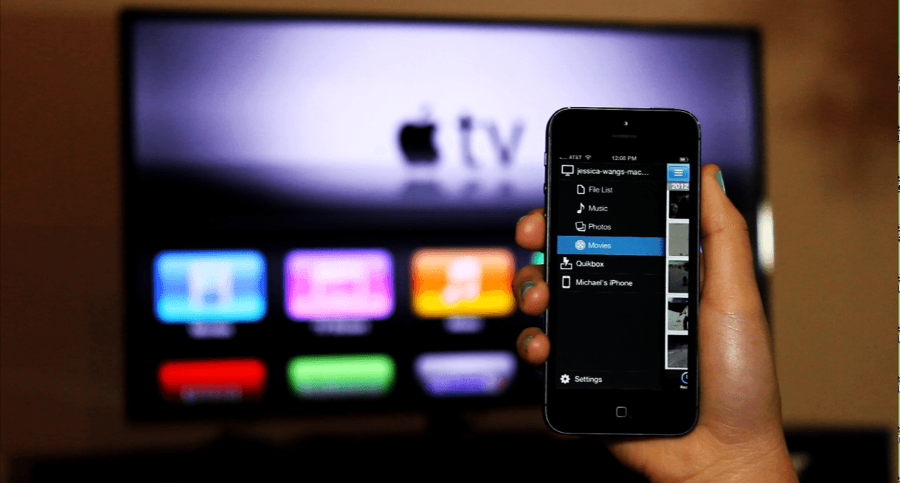Japanese electronics that once dominated almost all households in Tanzania and the rest of East Africa seem to be disappearing from homes.
There were times when the label ‘Made in Japan,’ used to be synonymous with quality and durability. But it seems people in Tanzania no longer care nowadays.
Brand names like Sony, Hitachi, JVC, Toshiba and Panasonic no longer decorate living rooms, kitchens or bedrooms in the form of Television panels, Stereos, Hi-Fis, Radios sets or appliances such as refrigerators, air and conditioners.
In their places, Korean and Chinese brands seem to be taking over the heath mantelpieces, where trademarks like LG, Samsung, Hisense, Haier and other unbranded cheap knockoffs are filling homes, offices and institutions in Tanzania, Kenya and other parts of East Africa.
“Aggressive marketing through product placements, lower pricing, readily availability and the fact that people no longer care for quality, means anything that can be acquired without hassles or breaking the bank, will do,” explains Ray Charles an electronics dealer in Arusha.
But Bakari Hashim of Dar-es-salaam who also deals with domestic appliances in the commercial city, believes that times have changed, and people must move on from the past ties.
“Lots of television sets from unknown brands have proved to be reliable, feature quality pictures and come cheap,” he says. “This is all what people need nowadays; the situation is no longer working like in the past when brand loyalty came with prestige.”
For most customers, even lower brands are catching up with quality and have the added advantages of affordability and availability.
“We no longer have to hunt for Sony or Panasonic products to get a good stereo or TV set,” says Daniel Urio of Moshi, in Kilimanjaro when contacted by phone.
But investigations conducted by The Tanzania Times discovered something else.
Mobile phones seem to be dictating what people should be getting for their homes.
Samsung is dominating the smartphone handsets in Tanzania and makes it easy for their owners to also opt for TV sets or refrigerators from the same manufacturer. Especially where the two gadgets are easily connected through wireless linking.

There is also the case of availability; there are many outlets dotting the urban landscape and cropping up on every street, selling domestic appliances and all of these stock cheap products to ensure rapid sales.
“If a person can buy a TV from across the street, saving hassles and transport costs, they won’t care what they get as long as it works,” said Balthazar Emmanuel of Arusha.
According to Emmanuel, many Tanzanians want to buy goods from shops that they can get after sale services or return the products in case they fail to work, so street shops are also deciding what people buy nowadays.
Big Japanese brands like Sony, Hitachi and Panasonic, that once ruled markets, have not been good at ensuring that their products are available in every outlet; instead they can only be stocked in larger, well-established stores that are out of reach to many.
“Sony and Pioneer are the brands that are still doing good with car stereos though, products that cannot be bought from street shops,” said Amir Mohammed who fits vehicles with audio-visual systems.
And sure enough, while Japan is losing its position in homes, the country is gaining even more traction on roads. In Tanzania Japanese vehicles from Toyota, Nissan, Mitsubishi and Suzuki are still dominating the highway and off-road terrains.

